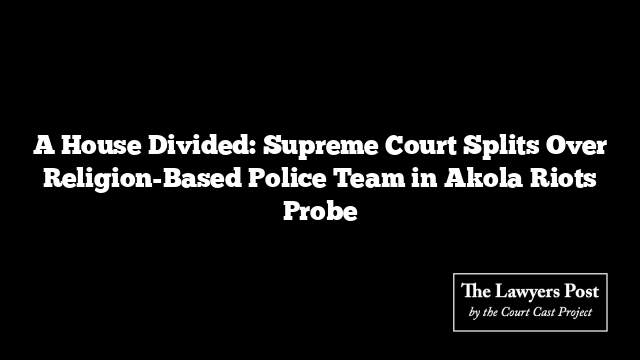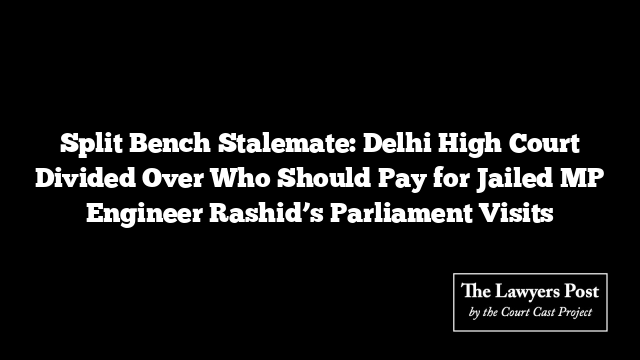In a move offering major relief to road accident victims, the Supreme Court has paused the enforcement of the six-month deadline for filing motor accident compensation claims. The Court instructed all High Courts and Motor Accident Claims Tribunals (MACTs) across India not to reject petitions merely because they were filed after the prescribed time limit.
The direction came from a Bench of Justices Aravind Kumar and NV Anjaria, which stayed the operation of Section 166(3) of the Motor Vehicles Act, 1988 — a provision introduced by the 2019 amendment that imposed a strict six-month window for filing claims.
“Until further orders, no tribunal or High Court shall dismiss a claim petition solely on the ground that it is barred by limitation under Section 166(3),” the Bench declared.
The Central government has been asked to respond within two weeks, explaining how such a limitation period aligns with the welfare-oriented spirit of the Motor Vehicles Act, which was designed to provide quick and fair relief to victims of road mishaps. The case is set to be heard again on November 25.
The challenge before the Court questions the constitutional validity of the 2019 amendment, arguing that it unjustly restricts access to justice for victims. Petitioners maintained that the new clause effectively punishes those already suffering, calling it an arbitrary rule that undermines the law’s social welfare purpose.
Historically, the Motor Vehicles Act had no fixed limitation for filing compensation claims. Earlier versions of the law permitted tribunals to condone delays for valid reasons, and even after the 1994 amendment, victims were free to file claims without time restrictions. The 2019 amendment reversed that flexibility, reinstating a rigid six-month cap effective from April 2022 — a move critics say stripped away essential protections for accident victims.
Since the amendment took effect, tribunals across the country have been rejecting petitions for being time-barred, often leaving injured victims or bereaved families without recourse. The Supreme Court’s interim order now suspends that trend, ensuring that claimants won’t be denied compensation simply because they missed the statutory deadline.
The Bench also acknowledged that similar petitions are pending before various High Courts and emphasized the need for an early and unified decision on the issue.
The petition that led to this ruling was filed through advocate Renuka Sahu.





